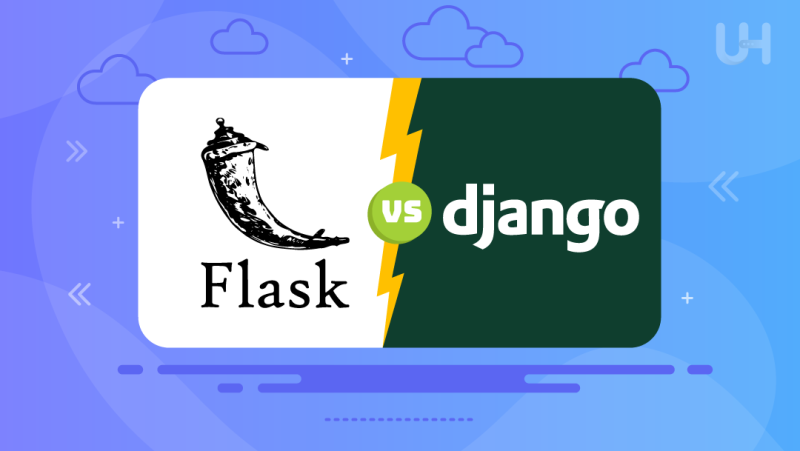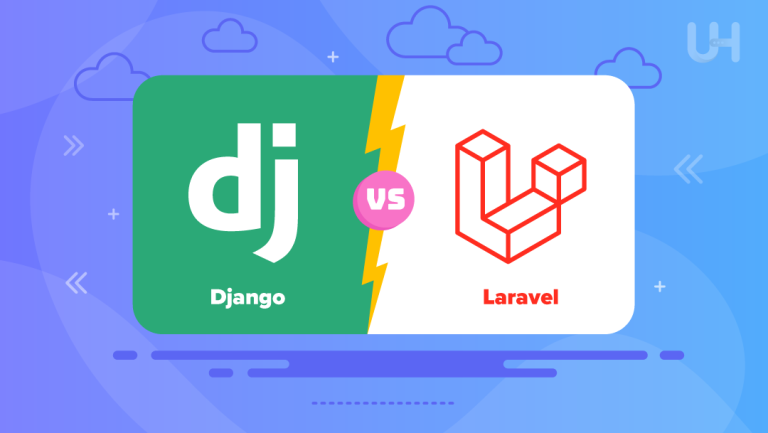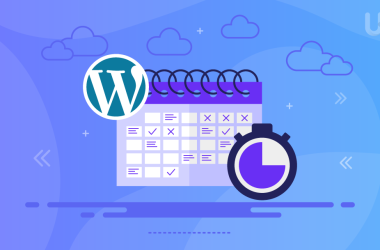When you are about to make a web application using Python, the battle of Python Flask vs Django Python turns out to be very important. The are like the instruments in a set of tools; all of them have some peculiar characteristics. The flask is compacted and multiple-purpose, making it easy to use for relatively less complex tasks. It is easier for developers to understand; also, it contains the tools required to develop a web application at a faster pace. However, Django is like a shelf of proper tools – well-arranged, well-built, and highly functional, just like massive projects that need extra features.
In this blog, we go much deeper into Flask and Django than just whether they are strong or not. We will be looking at their methods for routing (the paths that the visitor follows through your site), templating (how the data is shown to the visitors), and ORM (the method of communication created between the database and you). The scalability and speed of the model’s performance will also be a focus of our analysis.
Flask: Light & Flexible
Flask is known as a “micro-framework” and gives developers a simple, adaptable way to make web applications with Python. Its basic style lets programmers concentrate on their project’s particular needs without extra features that are not needed. With Flask, you begin with simple elements and include more features as necessary, which makes it suitable for projects of different sizes. Also, Flask applications can efficiently manage files by integrating with cloud storage services and deploying a Flask-based CRM hosting solution in just a few clicks.
Flask has a strong advantage because it is simple and user-friendly. Its easy-to-understand API and well-explained documentation open it up to programmers, from beginners to experts, helping them create prototypes and build applications quickly. The way Flask is built allows people to add in extra parts from others easily, which makes it even more adaptable and useful.
Django: Robust & Structured
Django is a strong and organized system in Python web creation, making it simpler to handle big projects. Many programmers compare Django and Laravel. However, Django is very different from Laravel. Django includes many built-in functions, which help programmers create stable and large-scale websites effectively. Laravel, on the other hand, keeps things simple. You can also access the Django development server on virtual machines.
Django is known for focusing more on using standard ways of doing things rather than making you set up everything. It has ready-to-use patterns and good methods to help programmers create their apps. This organized way speeds up making apps and helps keep them similar and easy to take care of in different projects.
Django’s approach includes a ready-to-use ORM system. It also offers a strong template creator and an admin panel for easier web development work.
Flask vs Django: The Difference
Flask and Django are both important frameworks, each having different skills and benefits. It is recognized for being simplicity. It is also known for being flexible. This simplicity makes Flask a light tool for developers. Despite its lightness, Flask remains strong when creating web applications. Flask allows you to create the structure for your project in a way that suits you. This is particularly suitable for smaller projects or when making initial models, as you can select only the necessary components.
However, Django has a strong and organized method that provides many features directly. It comes with built-in tools like an ORM system and an admin interface that help make development easier, which is very good for big and complicated applications.
Each of the structures is good in its way and serves various purposes for people who make websites with Python. It is very important to know what Flask and Django are best at when you have to choose one for your work. So, let’s delve deeper into each framework and uncover its unique attributes.
Premium Hosting To Elevate Your Django Experience!
Looking to elevate your Django applications? UltaHost offers unparalleled flexibility, limitless bandwidth, and superior performance. Our solutions are tailored to the needs of Django developers, ensuring your projects run smoothly and efficiently.
Features Face-Off
We compare Flask with Django by looking at their ways of managing routing, making templates, and using ORM. These parts are very important in creating websites. Understanding these things will help us see what is strong and different about each framework.
Routing
- Flask: A flexible routing system allows developers to define URL routes easily.
- Django: The configuration for URL routing is centralized, which makes it good for big projects that have complicated URL structures.
Templating
- Flask: Supports Jinja2 templating engine, offering powerful features for dynamic content generation.
- Django: The template engine that is integrated allows those who develop software to keep HTML/CSS apart from Python programming, which helps keep the code tidy and easy to maintain.
ORM (Object-Relational Mapping)
- Flask: Provides a variety of ORM libraries, for example SQLAlchemy, which allows for different database selection and setup.
- Django: It has an ORM included, making it easier to work with databases as it connects Python objects straight to database tables and cuts down on the necessity for writing SQL queries by hand.
Speed & Scale

The performance of a web project when developing it with different frameworks is an important factor in achieving success. Flask and Django are both strong models in development, but some of these models are faster than others, and their popularity ranges from a little to a lot. Understanding how these frameworks work in different cases helps programmers to select the best tool for their purposes.
A lightweight and easy-to-use framework like Flask has faster response times than Django (a very popular and resourceful one). This is more applicable to smaller apps or projects which do not involve complex features. This allows developers to boost the speed through a smart retuning process by selecting only some selected lightweight parts.
Django contains many unnecessary features and is definitely slower than Flask because its system is very complicated when your application is large. Django brings optimization tools with it and the ability to scale up properly, which implies that it smoothly handles many users or large amounts of data, even when a lot of things are happening.
Which One Fits Your Project?
Django or Flask? When this question comes to your mind, then choosing the correct Python web framework is very important because it can greatly affect how well your project performs. You must think carefully about what your project needs when deciding between Flask and Django to make sure that the framework you pick fits with what you want to achieve.
For projects that are small or for creating prototypes where you need to be flexible and develop quickly, Flask’s simple and basic design might be the perfect option. Its ease of use lets programmers begin fast and make changes swiftly, which is good for projects with simple needs or not many resources. However, when it comes to big applications that have complicated business processes and need strong performance, Django’s organized method and ready-to-use tools provide the ability to grow, stability, and ease of upkeep.
If you have already created a web application using Django or Flask, then enhance its security for encrypted communication using an SSL Certificate and use an online SSL Checker to verify the presence of an SSL certificate on your web application.
If you are a web developer, do check out our guide on:
Conclusion
Selecting one in Django vs Flask is similar to picking tools from a box. Flask gives ease and options, which is good for smaller works; Django brings strength and organization, which is suited for bigger projects. We have closely examined their ways of managing routes, creating templates, working with object-relational mapping (ORM), scaling up, and speed. Flask stands out for being easy to adjust and promoting fast progress in development. On the other hand, Django is good because it has many features and a system that helps keep things stable.
UltaHost offers peerless Python Hosting for developers seeking optimal performance and seamless integration with Python’s ecosystem. Support your projects with efficiency and ease!
FAQ
What are Flask and Django, and how do they differ?
Flask and Django are frameworks for the web in Python. Flask has less weight and good flexibility; it is used for small projects. But Django has strong features and organization; it’s very good for big applications.
What are Flask and Django’s key strengths?
Flask is known for being simple and flexible, which makes it quick to develop. Django stands out because it has a lot of features and is very structured, offering stability.
How do Flask and Django handle routing, templating, and ORM differently?
Flask has an adaptable routing system, and it uses Jinja2 for templating. Django, however, keeps the URL routing in one place and includes its own template engine.
What are scalability and speed differences between Flask and Django?
Flask typically responds faster due to its simplicity and lightweight nature. Django responds more slowly than some other frameworks. However, it offers effective tools and can scale to meet growing needs.
How can developers decide which framework is best suited for their project?
Developers need to think about how big and complex their project is and what kind of performance it needs. Flask works well for small, quick projects.









